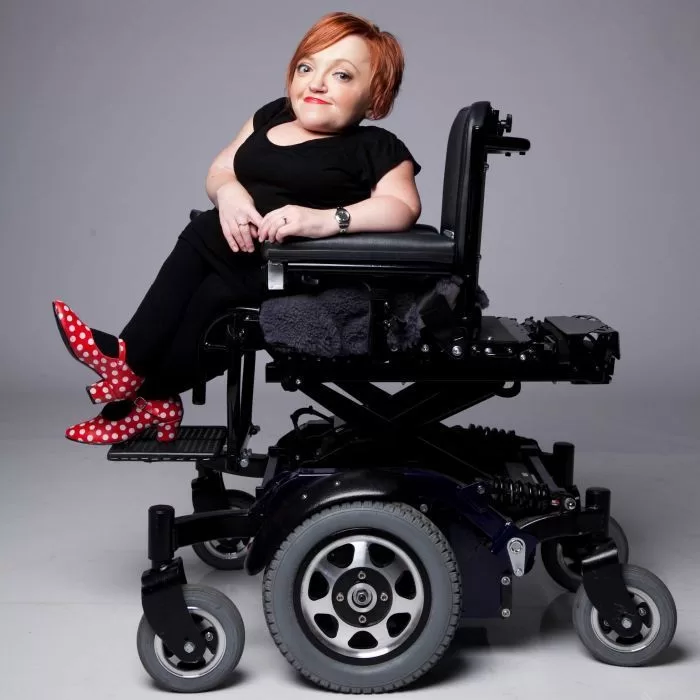Updated on August 21, 2025

Who is a Disability Support Worker?
A disability support worker is someone who helps people with disabilities live more comfortable and independent lives.
They work with individuals who may need extra help with daily activities, whether it’s getting dressed, eating, or simply moving around.
In addition to physical assistance, support workers also provide emotional care, providing companionship and encouragement.
The job of a disability support worker varies. They may help with personal care like bathing or dressing, assist with household chores, or take their clients to appointments or social events.
Their goal is to help people with disabilities participate in the community and live as independently as possible.
Sometimes, they even form close friendships with people they care for, becoming an important part of their lives.
Disability support workers play an important role in the society.
Necessary Skills and Qualities for Disability Support Workers
- Communication
- Empathy
- Problem-solving
- Patience
Educational Requirements and Qualifications
The most common entry-level qualification is Certificate III in Individual Support (Disability).
This course teaches you the skills you need to support people with disabilities, including how to help with daily tasks and provide emotional care.
It combines classroom learning with hands-on experience, so you get practical skills too.
For those who want to advance further, there’s also the Certificate IV in Disability.
This qualification allows you to take on more responsibility, like supervising other workers or working with clients who have more complex needs.
In addition to these qualifications, other certifications can make you a stronger job candidate. For example, having a First Aid Certificate and CPR certification shows you can handle emergencies.
You can study for these certificates at TAFE, online programs, or through registered training organizations (RTOs).
Many people start with Certificate III and then continue their education with a Diploma of Community Services or a Bachelor’s Degree in Disability Services for more advanced roles.
This combination of qualifications and practical experience gives you the best chance of success in the disability support field.
Gaining Experience and Volunteering
Getting hands-on experience is a key part of becoming a successful disability support worker.
While learning in class is important, working directly with people who have disabilities helps you develop real-world skills that you may not learn from books.
Experience also makes you stand out when applying for jobs, showing employers that you are ready to handle the responsibilities.
One great way to gain experience is through volunteering.
You can contact local community organizations, charities, or disability service providers to offer your time.
Volunteering lets you see what the job is like and gives you a chance to learn from experienced workers. Plus, it can be very rewarding to help others and make a positive difference in their lives.
When you’re ready to look for a paid job, many entry-level positions are available, especially if you have a Certificate III or IV in Disability.
Licensing, Checks, and Legal Requirements
Before you can start working as a disability support worker in Australia, there are important legal checks you need to complete.
These checks are designed to make sure that people working with vulnerable individuals, such as those with disabilities, are trustworthy and safe.
One of the main checks is the Working with Children Check.
Even if you’re not directly working with kids, this check is often required because many clients in the disability sector are young people.
Another important check is the NDIS Worker Screening Check, which is specific to the disability support industry and ensures that you’re cleared to work with people under the National Disability Insurance Scheme (NDIS).
In addition to these, you’ll also need a Police Clearance.
This checks your criminal history to make sure you don’t have past offences that will prevent you from working with vulnerable people. All these checks help create a safe and secure environment for clients receiving care.
Other legal requirements may include getting up-to-date immunizations, depending on the nature of your work, and having a valid driver’s license if your job involves taking clients to appointments or activities.
Meeting these legal and regulatory requirements is crucial for becoming a qualified and trusted disability support worker.
Finding Employment as a Disability Support Worker
Once you’ve completed your training, finding a job as a disability support worker in Australia is not too difficult.
Many people need ongoing support, and the demand for workers in this field is growing.
You can find a job in several key areas, including NDIS providers, private agencies, and government organizations.
These places all help provide care for people with disabilities.
To start your job search, online job portals like Seek or Indeed are great places to look for openings. You can also attend career fairs or network with people who are already in the industry.
Sometimes, simply connecting with professionals on social media or joining disability support worker groups can help you learn about job opportunities.
Disability support work offers a chance to make a real difference in people’s lives. Becoming a disability support worker involves several key steps: getting the right education and qualifications, gaining hands-on experience through volunteering, completing mandatory checks, and searching for job opportunities.
MORE FROM CENTRE DISABILITY SUPPORT
How To Become An NDIS Support Worker
How to Become a Behaviour Support Practitioner
28 JOBS FOR PEOPLE WITH DISABILITIES
WHY DO PEOPLE CHOOSE TO WORK WITH DISABILITY SUPPORT?
WHAT IS DUTY OF CARE IN DISABILITY?
What Does A Support Coordinator Do?



